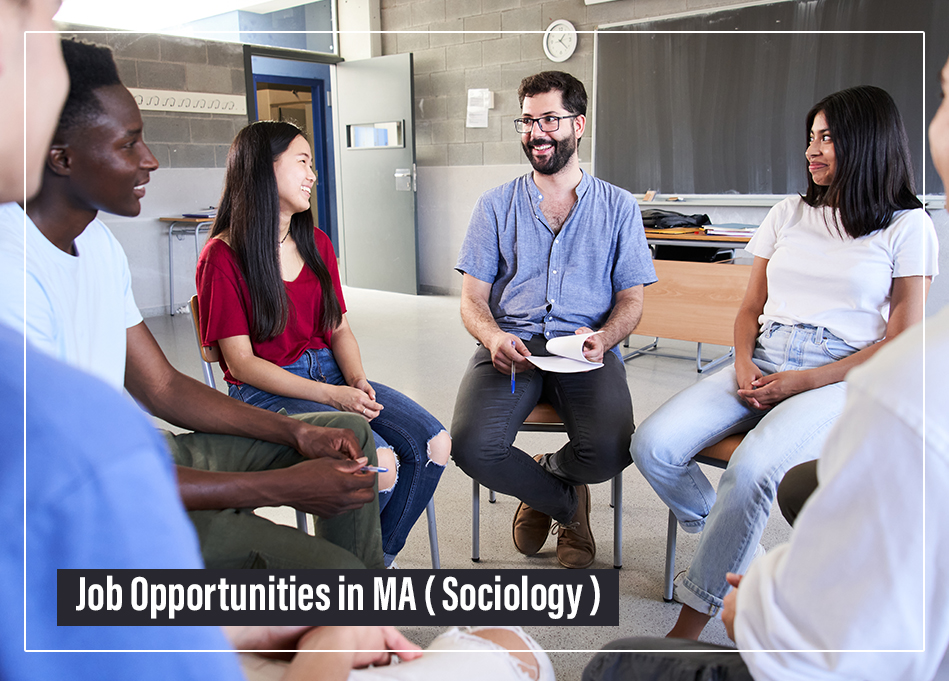Delve into the intricacies of human society and explore the dynamics of social behavior with our Master of Arts (M.A.) in Sociology program at The Aryavart International University. Our program offers a comprehensive study of sociological theories, research methodologies, and contemporary social issues, providing students with a deep understanding of the complex structures and processes that shape society. Through engaging coursework, hands-on research projects, and experiential learning opportunities, students critically analyze topics such as social inequality, globalization, gender dynamics, race and ethnicity, and urbanization. Led by experienced faculty members who are experts in their fields, our M.A. in Sociology program fosters intellectual curiosity, critical thinking, and interdisciplinary perspectives, preparing students for impactful careers in academia, research, policy analysis, social services, and advocacy. Whether aspiring to pursue doctoral studies or embark on careers in government agencies, non-profit organizations, or private sector firms, graduates of our program emerge as informed and engaged sociologists committed to understanding and addressing the complex social issues facing our world today. Join us at The Aryavart International University to gain the knowledge and skills to contribute to positive social change and make a meaningful difference in society.
Candidates must hold a valid B.A Degree or an equivalent degree from a recognised university or institution with a minimum grade point average of 50%.
Graduates of our Master of Arts (M.A.) in Sociology program at The Aryavart International University are well-equipped for diverse and rewarding career opportunities in various sectors. With their comprehensive understanding of sociological theories, research methodologies, and critical analysis of social issues, our alumni pursue careers as sociologists, research analysts, policy advisors, community organizers, social services administrators, and educators. They work in a variety of settings including research institutes, government agencies, non-profit organizations, educational institutions, and private sector firms, contributing to the analysis of social trends, development of public policies, implementation of social programs, and promotion of social justice and equity. Additionally, graduates may also find opportunities in fields such as market research, human resources, public relations, and consulting, leveraging their skills in data analysis, communication, and problem-solving to address social challenges and create positive social change. Whether working directly with communities, conducting research, or shaping public policies, our graduates play a crucial role in advancing our understanding of society and addressing its complex issues.
